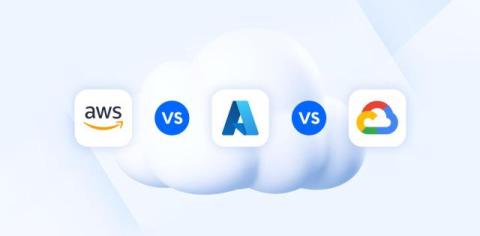Internxt 2024 Year In Review & Get Ready for 2025. Meet, Mail, Antivirus, and more!
This 2024 has been Internxt’s best year yet. We have focused on making Internxt Drive pixel-perfect to give you the best cloud storage experience for your file syncing, backup, and sharing. Thanks to user feedback, we have been able to monitor and fix bugs in all our apps to give you the best version of Internxt possible. You can keep an eye out for future updates on Reddit, GitHub or social media.





